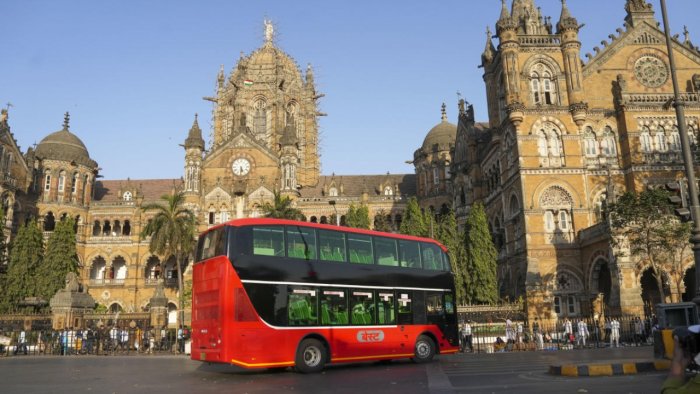The adoption of electric buses (e-buses) in India, a crucial step towards sustainable and green transport, is facing a significant financing bottleneck, hindering the progress of this eco-friendly initiative. As the country aims to transition to cleaner mobility options, experts and policymakers are highlighting the urgent need to address the financing challenges to expedite the adoption of e-buses and realize the potential benefits for the environment and public health.
E-buses offer a promising solution to mitigate air pollution, reduce greenhouse gas emissions, and enhance the overall efficiency of public transport systems. However, the high upfront costs of these vehicles, coupled with the lack of robust financing options, have slowed down the transition from traditional fossil fuel-powered buses to e-buses.
As India commits to its climate goals and endeavors to create cleaner and greener cities, the electrification of public transport emerges as a critical component. Electric buses have the potential to contribute significantly to India’s efforts to combat air pollution, reduce carbon emissions, and build a more sustainable transportation ecosystem.
However, to achieve this vision, it is essential to address the financing constraints that deter potential buyers, including state transport undertakings and city municipalities. The cost of e-buses remains considerably higher than conventional diesel or CNG-powered buses, making it challenging for many public transport operators to embrace the transition.
The opinion piece highlights the necessity for innovative financing models, public-private partnerships, and government incentives to support the adoption of e-buses. Policymakers are encouraged to explore strategies such as long-term soft loans, subsidies, tax incentives, and performance-based procurement to make e-buses financially viable and accessible for public transport operators.
Additionally, building charging infrastructure for e-buses is another crucial aspect that requires substantial investment and planning. A robust network of charging stations across cities and highways is necessary to alleviate range anxiety and ensure smooth operations of e-bus fleets.
Experts and stakeholders stress that a multi-faceted approach, involving collaboration between the government, financial institutions, and private players, is essential to address the financing challenges and unlock the potential of e-buses as a sustainable solution for public transportation in India.
As the government pushes ahead with its ambition to have a considerable share of electric vehicles on Indian roads, including e-buses, overcoming the financing bottleneck will be instrumental in paving the way for a greener and cleaner future.










